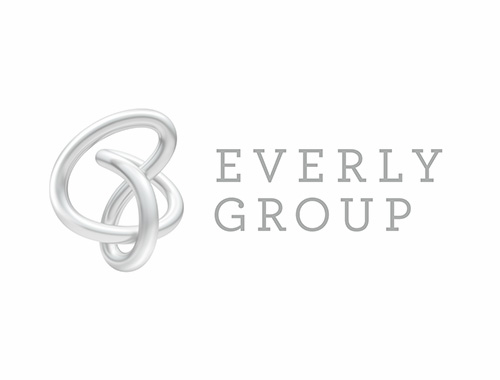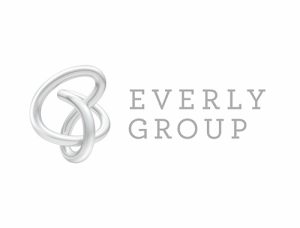
Let me take a moment to share what I’ve learned about the economics—and impact—of customer recovery.
When I first stepped into the hotel industry, I made an unconventional move on Day Two: I delegated recovery authority directly to frontline staff.
Probationary staff were empowered to recover up to RM 250, and confirmed staff up to RM 500. My reasoning? Speed and cost.
All of us have experienced the frustration of having a complaint ignored or handled poorly. Our approach was simple: recover in 10 seconds, always in favor of the guest. When problems are resolved instantly, even a dissatisfied guest is likely to leave with a smile.
We institutionalized this with a policy to apologize and recover until the guest smiles. That smile is our signal that recovery has succeeded. And sometimes, it comes with the help of a little stuffed bear with with the words: “I’m sorry, please bear with us”. Or a rubber duck, labeled: “I’m sorry, we won’t duck our responsibility.” These gestures have consistently brought smiles—sometimes even requests for extras for the kids!
From a cost perspective, the logic is compelling. If my time (or a GM’s) is worth more than RM 500 per hour, it’s inefficient to spend it on resolving minor guest issues. Empowering staff speeds up recovery and frees senior leaders for higher-value work. It also shows trust in our team—and they rise to the occasion.
We now train every team member to see guest recovery through the lens of Return on Investment (ROI). For example:
• The variable cost of a room is about RM 15 per night. If we sell at RM 180, we can afford to give away the room up to 12 times before losing that RM 180. In practice, a single waiver typically resolves the issue—and we still make RM 150.
• Food and beverage has a 30–35% variable cost, meaning we can give away the same item three times before it costs us the full retail value.
And remember: a recovered guest returns and recommends us to others.
That goodwill compounds. In contrast, a disgruntled guest can damage our reputation by telling 10 others. That’s a heavy multiplier—on the wrong side of the balance sheet.
Our department heads and GMs can approve waivers up to RM 2,000, with decisions made within 10 minutes—enough time to verify facts without delay.
We do review every case to ensure there’s no misuse. If we find abuse or repeat bad-faith behavior, we “export” the customer to our competitors. This is rare, but it does happen—maybe once every 2–3 years.
Customer recovery, done well, isn’t just service—it’s smart business.
✅ Have you experienced a truly memorable service recovery? Or have you empowered your own team in a similar way? Let’s swap notes in the comments.






